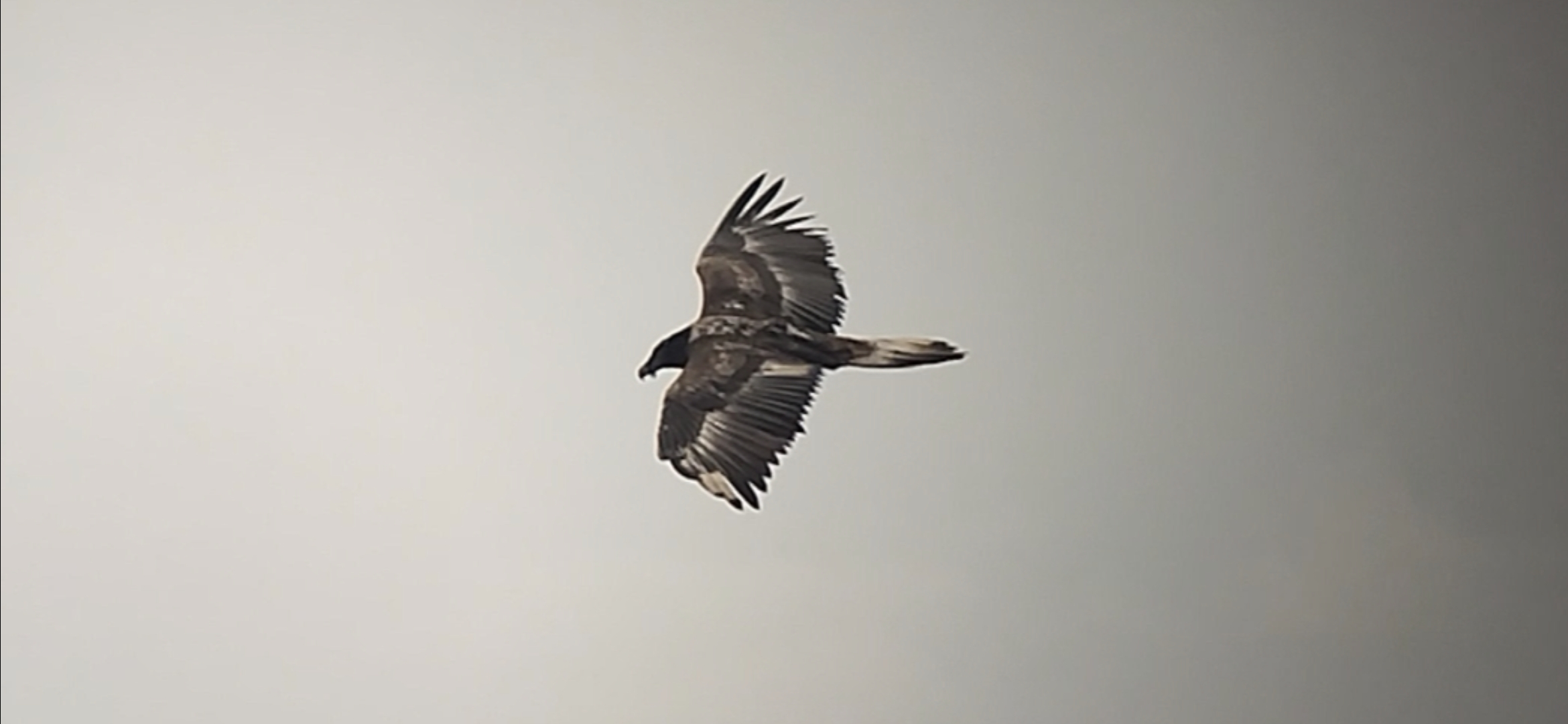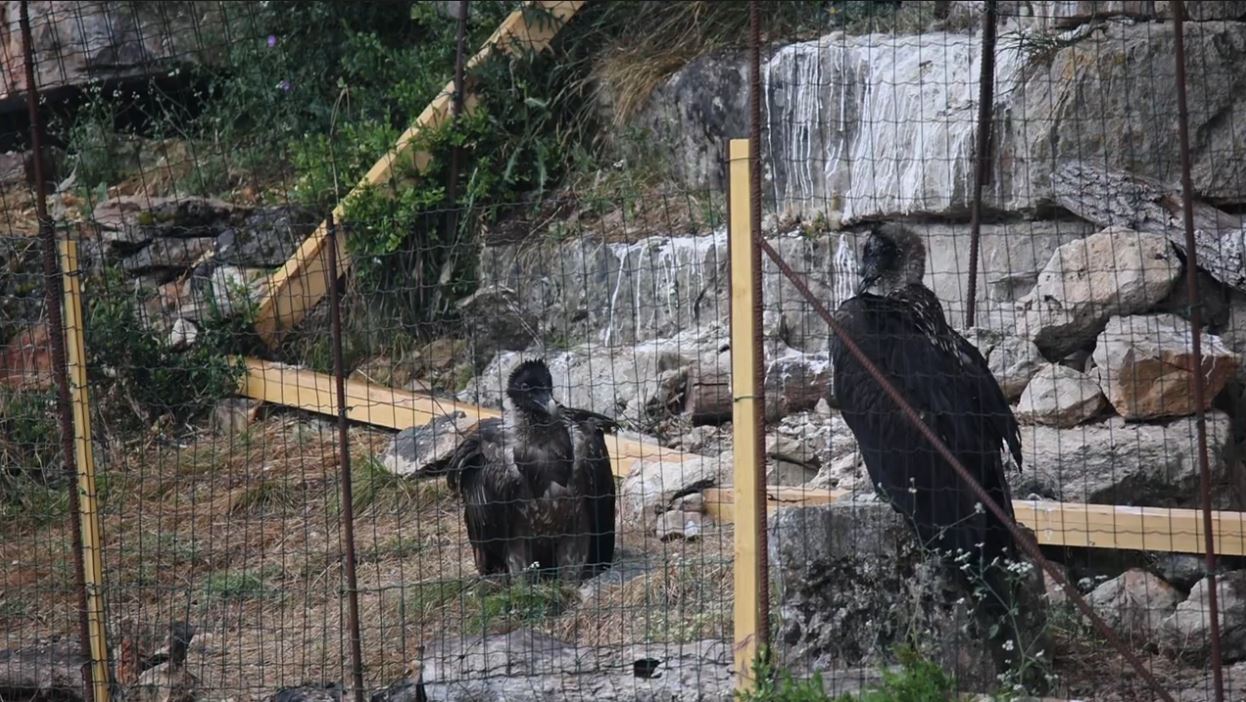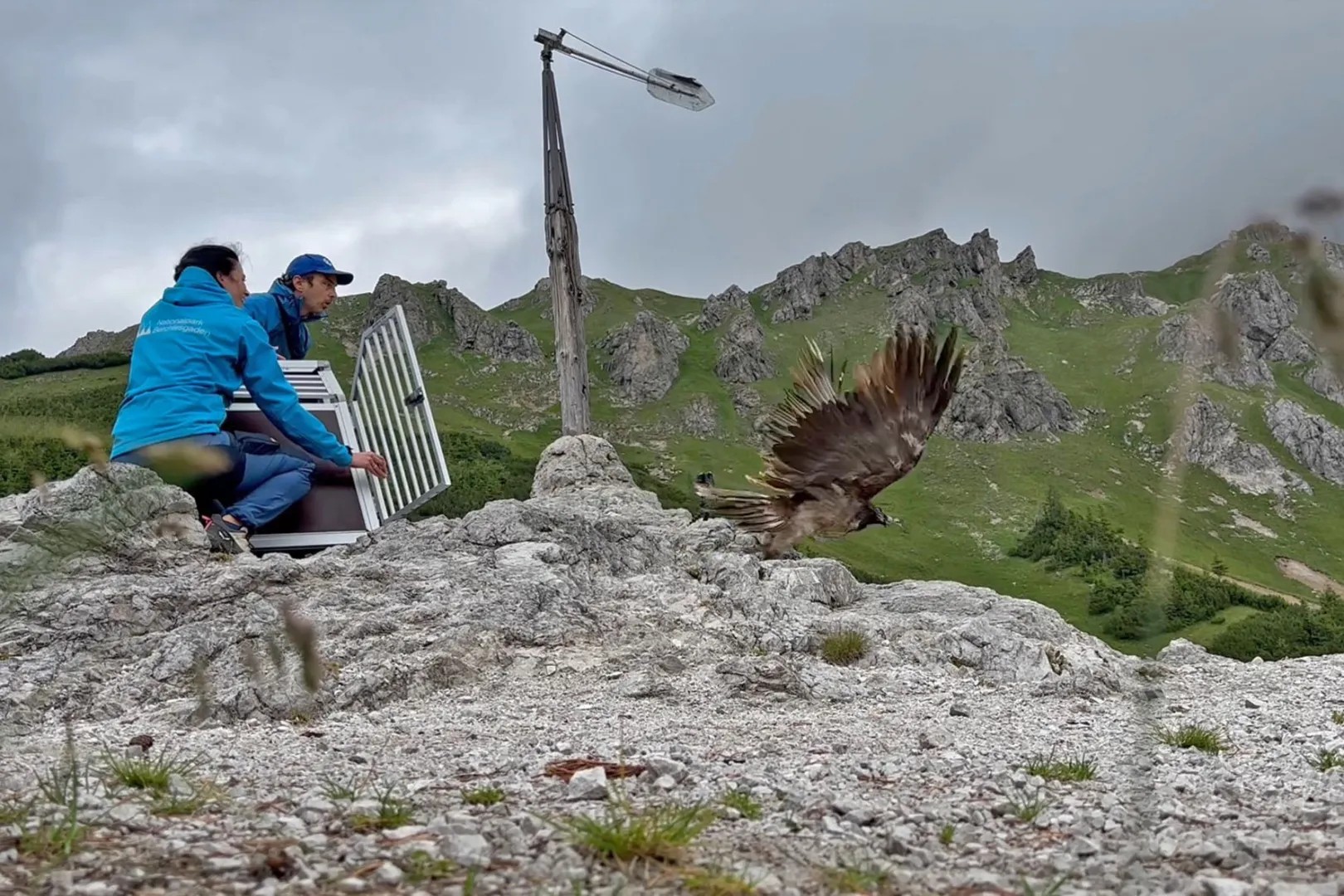Lead (Pb) is a metabolic poison that can negatively influence biological processes, leading to illness and mortality across a large spectrum of bird species, including vultures. Lead poisoning can result from numerous sources, including ingestion of bullet fragments and shot pellets left in animal carcasses, spent ammunition left in the field, lost fishing tackle, lead-based paints, large-scale mining, and lead smelting activities.
There is plenty of evidence on lead being a significant threat to vultures, usually after these scavengers eat carcasses with lead bullet fragments. Lead is indeed the most significant factor impacting on the reintroduction of the Californian condor, and is also the second most important causes of mortality for the bearded vultures in the Pyrenees – 23% of the scavenging birds analyzed in the Pyrenees were exposed to lead coming from ammunition.
It is then heartening to see some initiatives actively promoting the change to lead-free hunting in that mountain chain! As part of a cross-border programme Poctefa, a project on the conservation of the bearded vultures in the Pyrenees, called EcoGyp, aims to promote pilot testing of non-lead ammunition in the region, in collaboration with local hunters. This project has also been included and agreed in the French national species action plan for the species.
The idea is that hunters volunteer to use non-lead ammunition in their hunting practices during two seasons, and then fill in a satisfaction survey to measure performance. Also, state rangers who need to control or regulate species should pilot the non-lead ammunition.
The ECOGYP project managers are hoping that the piloting of non-lead ammunition can start in the 2017-2018 hunting season after making several presentations of the idea to the local hunters and the hunting managers during last Spring.
Similar initiatives are taking place in the French massif central, and in the Alps (within two LIFE projects in which the VCF is a partner), as well as in the Hohe Tauern national park (Austria).
The VCF congratulates the ECOGYP project on this initiative – any action to reduce the presence of lead in the wild will contribute in the conservation of the bearded vulture.
Photo: Bruno Berthémy/VCF



